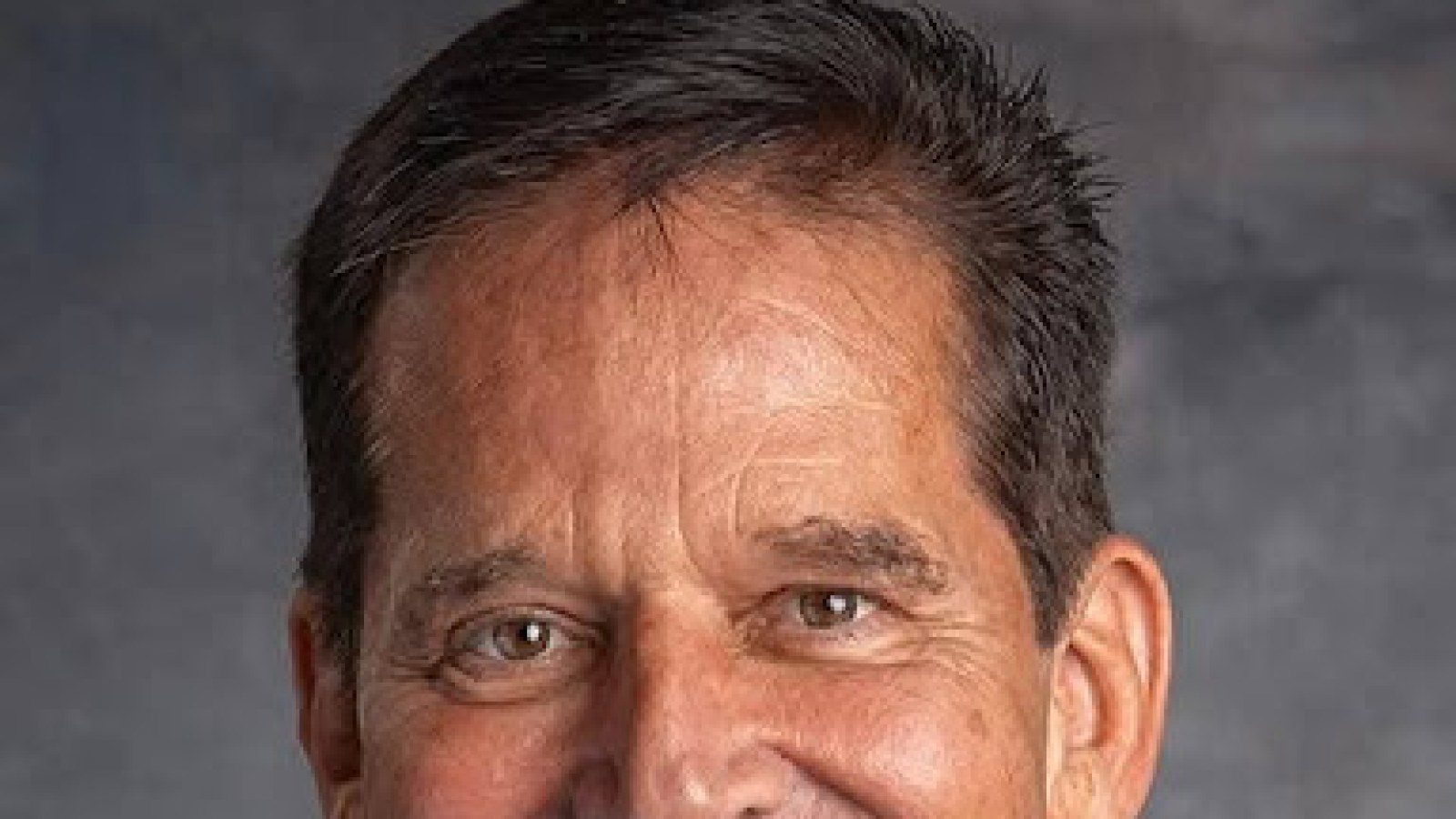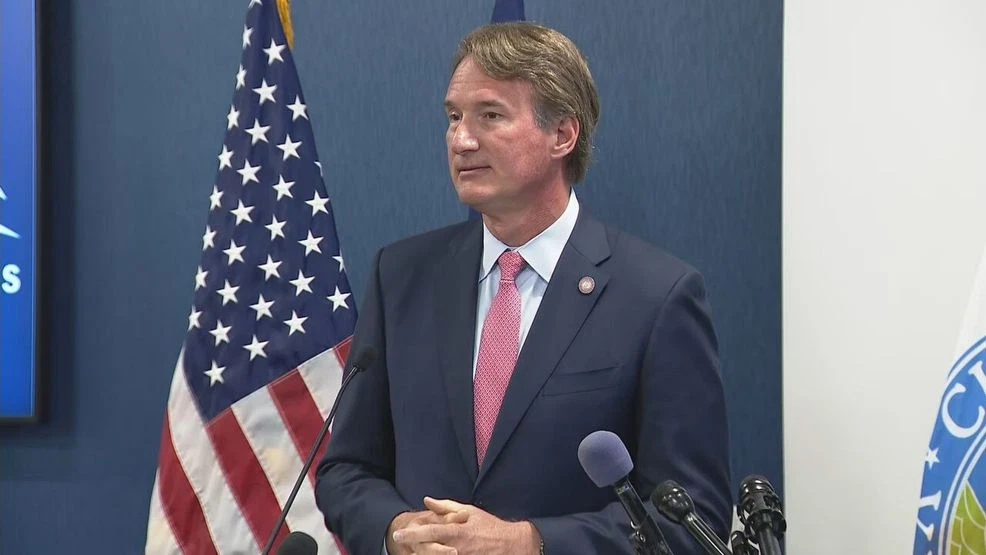By Adam Bent
Copyright ibtimes

How missions begin and why they endure trace back to different motivations: a desire to solve a gap in services, a career opportunity, a community response after a crisis, or a personal conviction forged by hardship. Some organizations form to deliver practical assistance, others to innovate systems, and some to give voice to those who have been sidelined. Dr. Robert J. Wallace, MD, a physician and longtime community advocate, founded Love The Golden Rule Inc. out of a determination to turn personal grief and professional witnessing into steady, day-to-day care for people who too often fell through the cracks.Love The Golden Rule is a nonprofit medical clinic dedicated to compassionate, inclusive care for people facing barriers in traditional healthcare. Its services are designed to work together, combining family medicine with specialized programs in infectious disease, sexual health, and mental health.The clinic treats hepatitis C with accessible testing and personalized therapies, prevents and manages HIV through pre-exposure strategies and comprehensive support, and protects sexual health with confidential testing and counseling. Mental health resources are integrated throughout, offering psychotherapy, crisis intervention, and psychological care.A moral framework is at the core of the clinic’s philosophy. “Respect begins with the Golden Rule, treating others as you would want to be treated. But in practice, we also focus on the Platinum Rule, which means treating people the way they want to be treated,” Dr. Wallace says. “That principle shapes every part of our work, from the first conversation to the care plan, creating a clinic environment built on trust and individualized care.”Dr. Wallace’s own path is woven through the clinic’s story. Early obstacles shaped a resolve to succeed in medicine against expectations. Years in practice and long exposure to people abandoned by their families during a past public health crisis taught lessons about presence and responsibility. Those experiences left an indelible sense that care must be given without judgment.”Early on, I was encouraged to prove myself, and that challenge fueled my determination,” he says. “I built my career on staying with people when they needed it most, offering support when others couldn’t.” That ethic translates into a willingness to see people whom many providers do not, including those who are unhoused, those managing substance use, and people with complex social needs.Alongside growing the clinic, writing became an extension of healing for Dr. Wallace. A book is underway that traces professional encounters, the weight of loss, and the lessons learned about advocacy and dignity. It’s intended not as a memoir for its own sake, but as a record that might instruct and humanize clinical work for others. The book offers moments that are raw and quiet, stories of bedside vigil and the slow work of rebuilding trust within marginalized communities.Just as his writing seeks to honor lived experience and illuminate the human side of medicine, the clinic itself was built from the ground up with the same commitment to accessibility. Dr. Wallace invested personal resources and time into renovating a space and building services that prioritize access. Financial realities remain a constant concern, with the practice relying on donations, community fundraising, and programs that help offset medication costs.Operating in a landscape where reimbursements are thin and sustainability is challenging, the clinic persists through careful stewardship and community partnerships. Dr. Wallace shares, “Running this clinic has been an act of continuous risk and hope, but no challenge will stop me from making sure people get the care they deserve.”Love The Golden Rule’s impact is notable. Patients are guided into care pathways that focus on both treatment and prevention, while those who once feared judgment find a safe and welcoming space. Outreach goes beyond the clinic walls, meeting people where they are, partnering with local treatment programs, and supporting continuity of care. The staff emphasizes individualized care plans, patient advocacy within complex systems, and a culture of dignity that’s evident in every interaction, from a warm greeting at the front desk to a thoughtful follow-up after treatment.The world often feels heavy with reports of hardship and mistreatment, and that reality makes the clinic’s mission all the more urgent. Love The Golden Rule stands as a model of steady, humane work, driven by a founder whose life and practice are inseparable. People can support through donations, partnerships, and advocacy will help ensure this clinic remains a place where care is offered without condition, where respect is practiced, and where hope finds a home.



